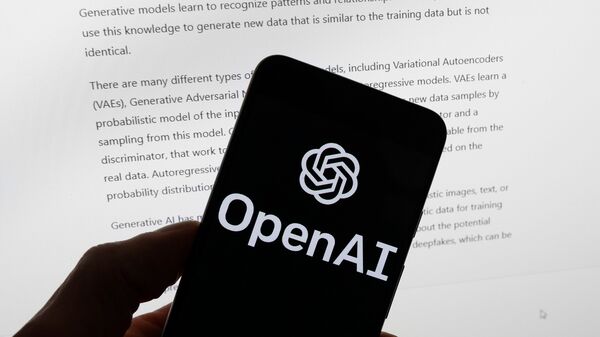OpenAI’s Project Mercury: AI Set to Transform Investment Banking
OpenAI has secretly hired over 100 former bankers and consultants from Morgan Stanley, JPMorgan Chase, and Goldman Sachs for “Project Mercury,” an initiative training AI systems to perform advanced financial modeling and automate tasks typically handled by junior investment banking analysts.
Key Takeaways
- OpenAI hired 100+ ex-bankers for secret Project Mercury
- AI systems being trained to replace junior analyst tasks
- Bankers paid $150/hour to refine financial models
- Tools automate IPO modeling, restructuring analysis, LBO projections
- Morgan Stanley already testing in early access programs
What Project Mercury Aims to Achieve
According to WSJ reports, Project Mercury focuses on automating core investment banking functions including building IPO models, conducting restructuring analyses, and preparing leveraged buyout projections. OpenAI is paying these former bankers approximately $150 per hour to help refine its AI models.
Consultants contribute by writing prompts, testing model accuracy, and providing expert feedback on AI-generated financial outputs. This extensive feedback loop is crucial for teaching the system to deliver Wall Street-level precision.
Banking Jobs at Risk?
The hiring spree aligns with OpenAI’s broader enterprise strategy, positioning the company in direct competition with major consulting and advisory firms. OpenAI is expanding its bespoke AI consulting arm where engineers and domain specialists work directly with clients across finance, government, and large enterprises.
Through Project Mercury, Sam Altman-led OpenAI is developing tools to build and revise complex Excel-based transaction models, analyze financial statements, and generate detailed pitch decks—tasks that typically consume hundreds of analyst hours.
Early Testing and Implementation
These AI tools, designed to operate with minimal human input, are already being tested with financial institutions. Morgan Stanley, which already uses OpenAI’s technology in its Wealth Management division, is participating in early access programs.
The pilots demonstrate how AI integrates into banking workflows, combining proprietary bank data with OpenAI’s generative models to deliver insights for client portfolios, investment ideas, and market summaries.
Broader Industry Impact
OpenAI’s deepening banking ties became evident when the company secured a $4 billion credit facility from JPMorgan Chase and other institutions. Ironically, JPMorgan is simultaneously advancing its own AI agenda, aiming to become the world’s first “fully AI-powered megabank.”
Experts suggest OpenAI’s banker-led AI training could significantly boost investment banking productivity. By automating repetitive modeling tasks, analysts can focus on higher-value work, signaling a shift where AI becomes a core productivity tool rather than an experimental add-on.
By incorporating industry veterans into training, OpenAI is shaping its tools around best practices and compliance standards of top-tier banks. These experts help develop products aiming to set new benchmarks for accuracy and reliability in financial automation—areas where generic AI tools have historically underperformed.
As OpenAI expands its consulting and enterprise services, Project Mercury could serve as a blueprint for how AI transforms white-collar work across professional services that depend on accuracy and process discipline.




